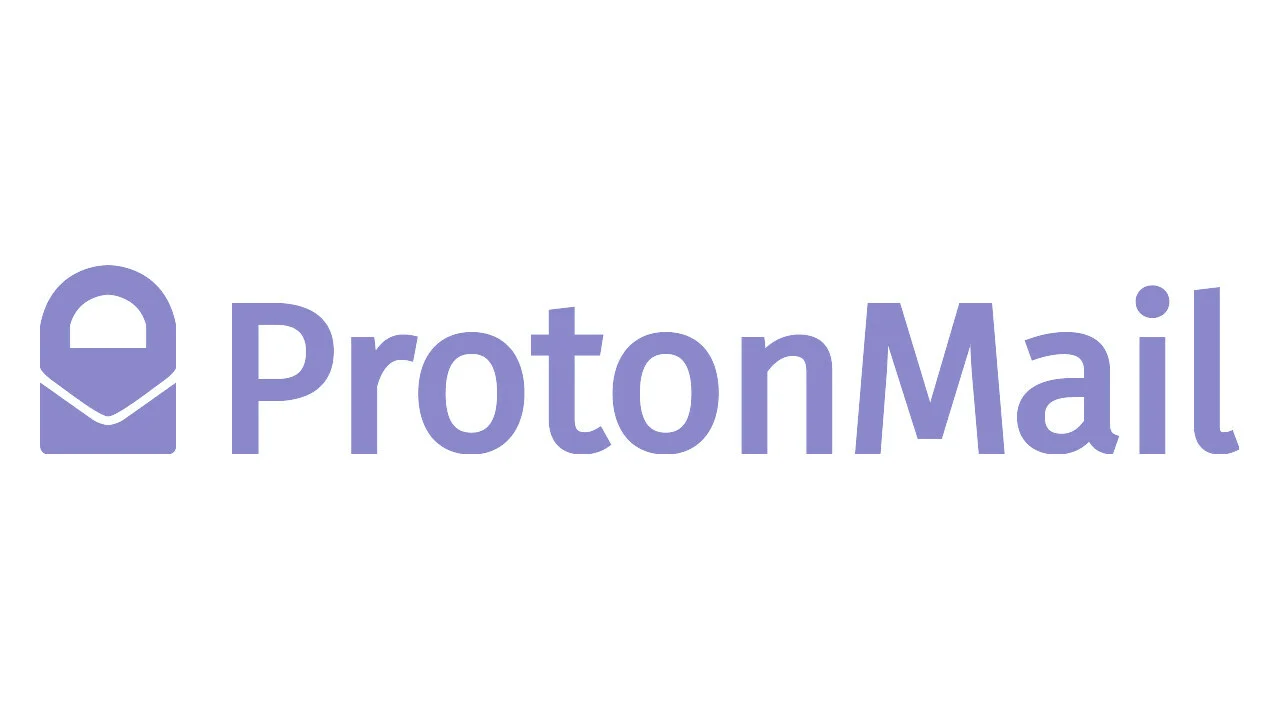Latest News
ProtonMail CEO urges Congress to zero in on tech giants’ default app

Andy Yen, CEO of the encrypted email service ProtonMail, says smaller app developers have run into the same obstacle as they look to grow their businesses: default settings on major digital services like Google’s Chrome browser, which can crowd out competitors.
Now Yen is pushing back, going to Capitol Hill for the first time this week to urge lawmakers to give consumers more control over what apps they pick as they move ahead with their sweeping antitrust push.
Yen’s idea imports a concept from Europe: creating “choice screens” allowing consumers to pick their preferred apps immediately upon installing things like Google Chrome. It could deal a blow to larger companies that bundle their services and pre-install apps within different products.
“It’s about giving control back to the user because today they don’t know if they have a choice,” Yen said during an interview in Washington on Thursday.
The outreach comes as lawmakers rush to pass a set of blockbuster antitrust proposals that could have a sweeping impact on the state of competition in the tech industry.
The centerpiece of the push is a bill led by Sens. Amy Klobuchar (D-Minn.) and Chuck Grassley (R-Iowa) seeking to prohibit large tech companies from giving their products preferential treatment over those of their competitors, the American Innovation and Choice Online Act.
Under the bill, companies couldn’t stop users from uninstalling default apps on their products, nor bar them from changing settings that may lead consumers to their own services. But the proposal does not explicitly prohibit companies from setting their own products as defaults.
Yen, whose company has endorsed the proposal, said he’s urging lawmakers to consider creating a mechanism to allow for more choice screens.
“It’s a fundamentally important issue and it’s one that we’re strongly encouraging lawmakers to look into because it is in my opinion the single most impactful thing that could change the market,” said Yen during an interview in Washington on Thursday.
The concept is not novel, but it’s been a point of contention for the industry overseas.
In 2018, the European Union slapped Google with a $5 billion fine for limiting consumers’ product choices in its Android operating system. In response, Google introduced choice screens prompting users to select from several search engines when setting up a new smartphone. Google appealed the fine and called on European courts to cut or scrap it.
With or without any changes, Yen said the Klobuchar-Grassley bill and another targeting Google and Apple’s app store practices would be a major win for companies like his. And he felt compelled to trek out to Washington to try to help get it over the finish line.
“If there’s ever a moment to be in D.C. to discuss this issue, it’s now,” said Yen, whose company is based in Geneva. “This is the opportunity.”
As scrutiny of tech giants like Facebook, Apple and Amazon have grown, Yen said that smaller tech companies like his have felt emboldened to speak up and voice support for legislation seeking to rein in their practices.
“It just opened up voices in D.C.,” he said. “It’s been [for] so long dominated by the Big Tech companies … that if you’re willing to speak in opposition to that you already are kind of a rare commodity and as a result maybe can get your message [across].”
The organizations Giffords and Accountable Tech asked Facebook chief executive Mark Zuckerberg to replace a policy that lets users violate its ban on gun sales 10 times before they’re banned. They want there to be a “more decisive two-strike policy” instead, according to a letter obtained exclusively by The Technology 202.
“Should Facebook refuse to amend this policy, we request the United States Bureau of Alcohol, Tobacco, Firearms and Explosives (ATF) immediately investigate the company for its role in facilitating the illegal exchange of firearms,” the groups wrote in the letter, which was shared with ATF.
The Post first reported on the policy two weeks ago, with my colleagues Elizabeth Dwoskin and Naomi Nix writing that “the company discloses little information about how it enforces its ban on gun sales, leaving its ‘strikes’ system, which gives users who break any of the company’s rules a specific number of passes and a tiered system of punishments before they get booted from the service, shrouded in secrecy.”
Facebook referred back to the statement it provided for that story. At the time, Facebook spokesman Andy Stone told The Post that the company quickly takes down posts that break its ban on gun sales and adds increasingly severe penalties for people who violate its rules, including permanently suspending their accounts. “If we identify any serious violations that have the potential for real-world harm, we don’t hesitate to contact law enforcement,” Stone said for that story, noting that most people who receive a strike have received fewer than two.
Having completed my education in English, I’ve cultivated a successful career as a content writer. My tenure includes valued collaborations with distinguished professional organizations, reflecting my commitment to producing high-quality content.
Contact me on this mail: [email protected]










